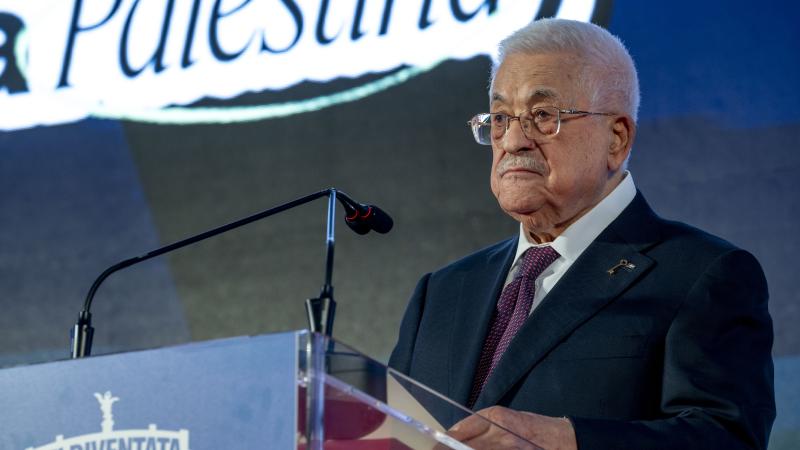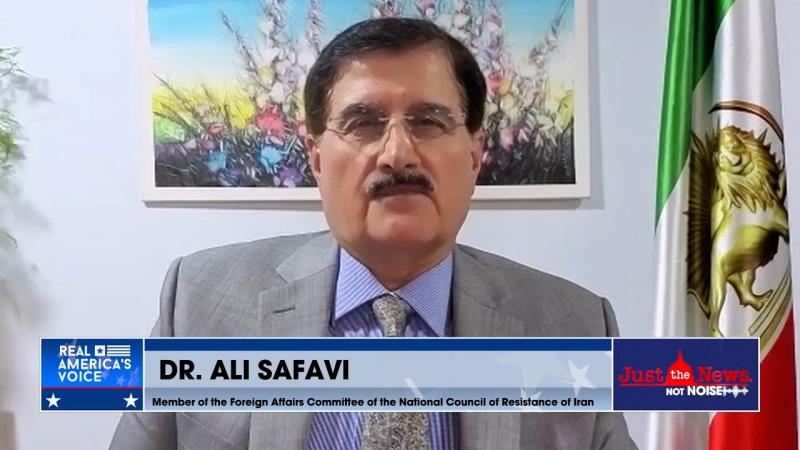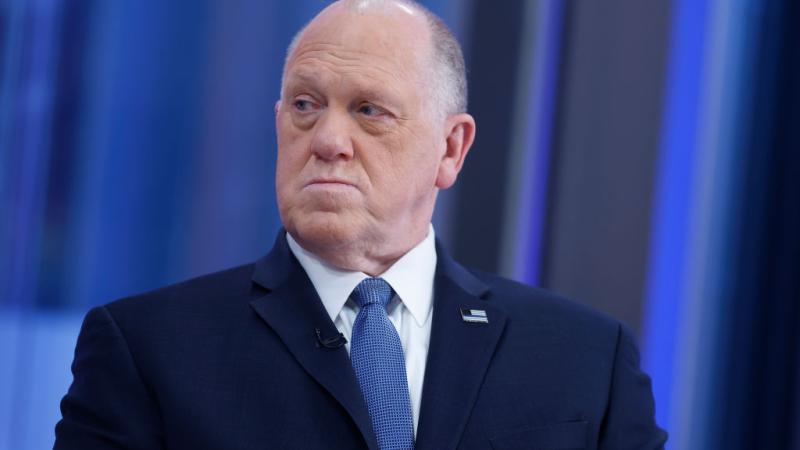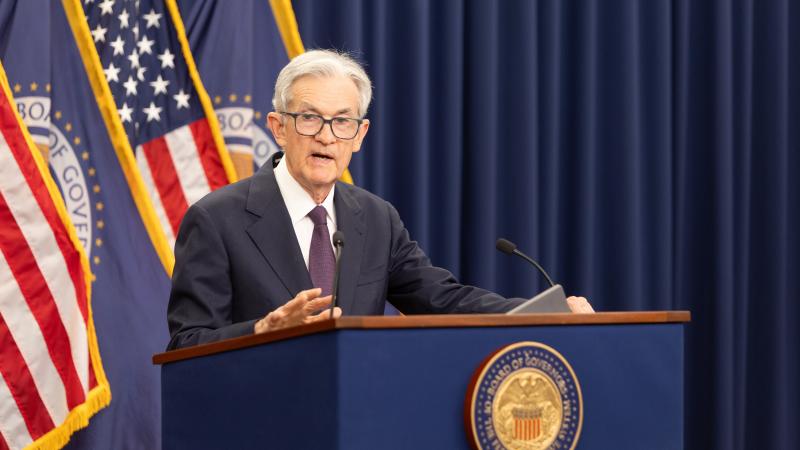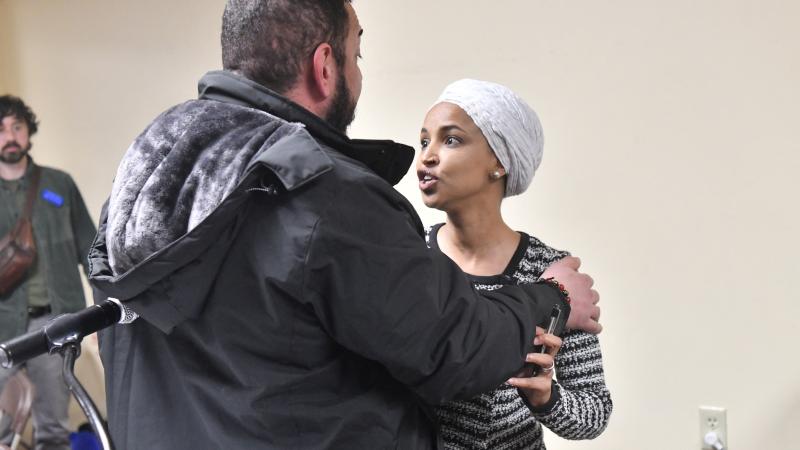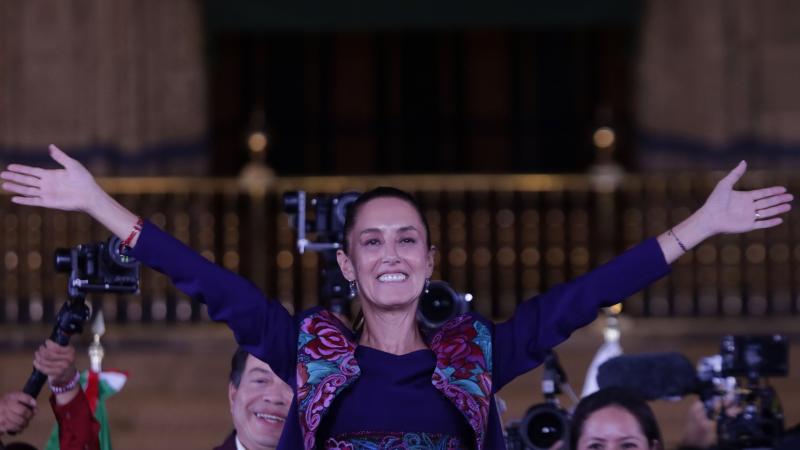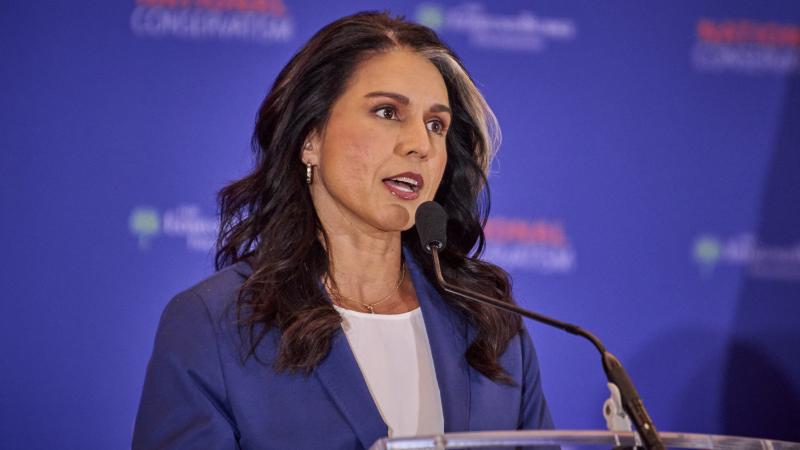US envoy criticizes Israeli intervention in Syria
Israel’s intervention “creates another very confusing chapter” and “came at a very bad time,” said U.S. special envoy to Syria, Tom Barrack
U.S. special envoy to Syria, Tom Barrack, on Monday criticized Israel's intervention in Syria after Israeli strikes hit the Syrian Defense Ministry headquarters in Damascus last week.
Barrack, who is also the U.S. ambassador to Turkey and has a short-term mandate in Lebanon, told The Associated Press while in Beirut that Israel’s intervention “creates another very confusing chapter” and “came at a very bad time.”
There had been clashes for days in the southern Syrian city of Sweida with the government, which aided Bedouins against Druze armed groups. Israel had already launched dozens of strikes targeting Syrian government troops and convoys, which the country says were in support of the Druze, a religious minority group that is seen as a loyal minority within the Jewish nation and often serves in its military.
The clashes have left hundreds killed, with some Syrian government fighters allegedly shooting dead Druze civilians and burning and looting homes.
Barrack announced a ceasefire between Syria and Israel over the weekend, and Syrian government forces redeployed in Sweida to stop renewed clashes between the Druze and Bedouins, and civilians from both sides were set to be evacuated on Monday.
The special envoy said that “the killing, the revenge, the massacres on both sides” are “intolerable,” but that “the current government of Syria, in my opinion, has conducted themselves as best they can as a nascent government with very few resources to address the multiplicity of issues that arise in trying to bring a diverse society together.”
At a press conference, Barrack said Syrian authorities “need to be held accountable” for violations.
As for Israeli strikes on Syria, he said, “The United States was not asked, nor did they participate in that decision, nor was it the United States’ responsibility in matters that Israel feels is for its own self-defense.”
When the most recent fighting started, “Israel’s view was that south of Damascus was this questionable zone, so that whatever happened militarily in that zone needed to be agreed upon and discussed with them,” Barrack said. “The new government (in Syria) coming in was not exactly of that belief.”
The ceasefire between Syria and Israel that was announced Saturday is a limited agreement that only addresses the conflict in Sweida, he explained.
“Whether you accept that Israel can intervene in a sovereign state is a different question,” Barrack said.
He also said that a divided Syrian state is Israel's preference.
“Strong nation-states are a threat — especially Arab states are viewed as a threat to Israel,” Barrack said. However, in Syria, he said, “I think all of the minority communities are smart enough to say, ‘We’re better off together, centralized.’”
Israeli Defense Minister Israel Katz posted on X later Monday that Israel’s strikes “were the only way to stop the massacre of the Druze in Syria, who are brothers of our Druze brothers in Israel.”
“Whoever criticizes the attacks are not familiar with the facts,” Katz added.

